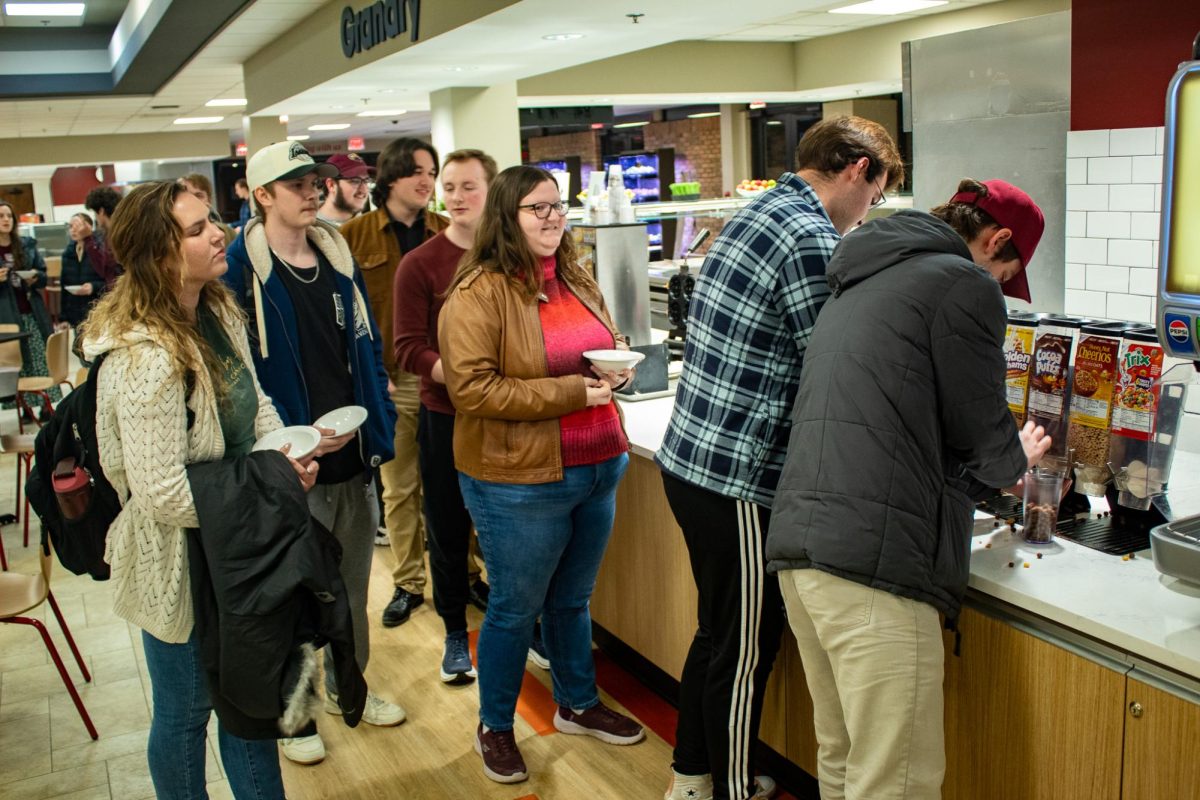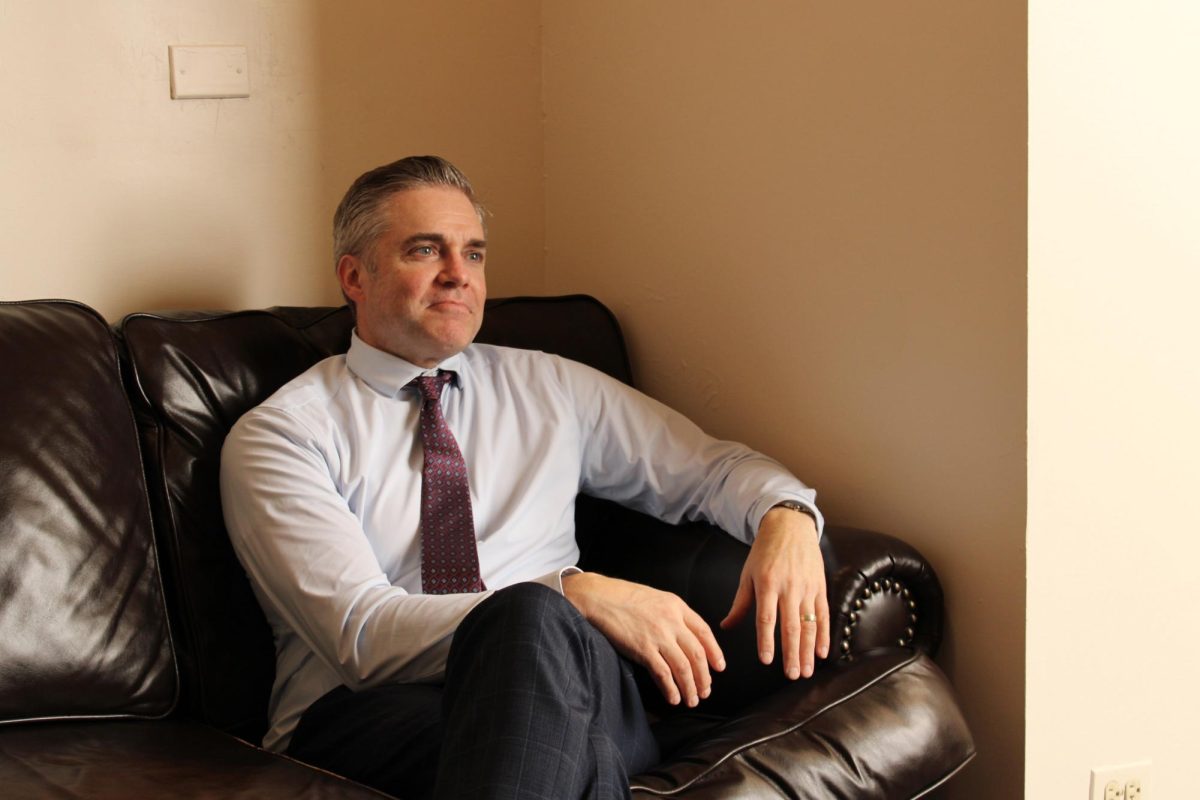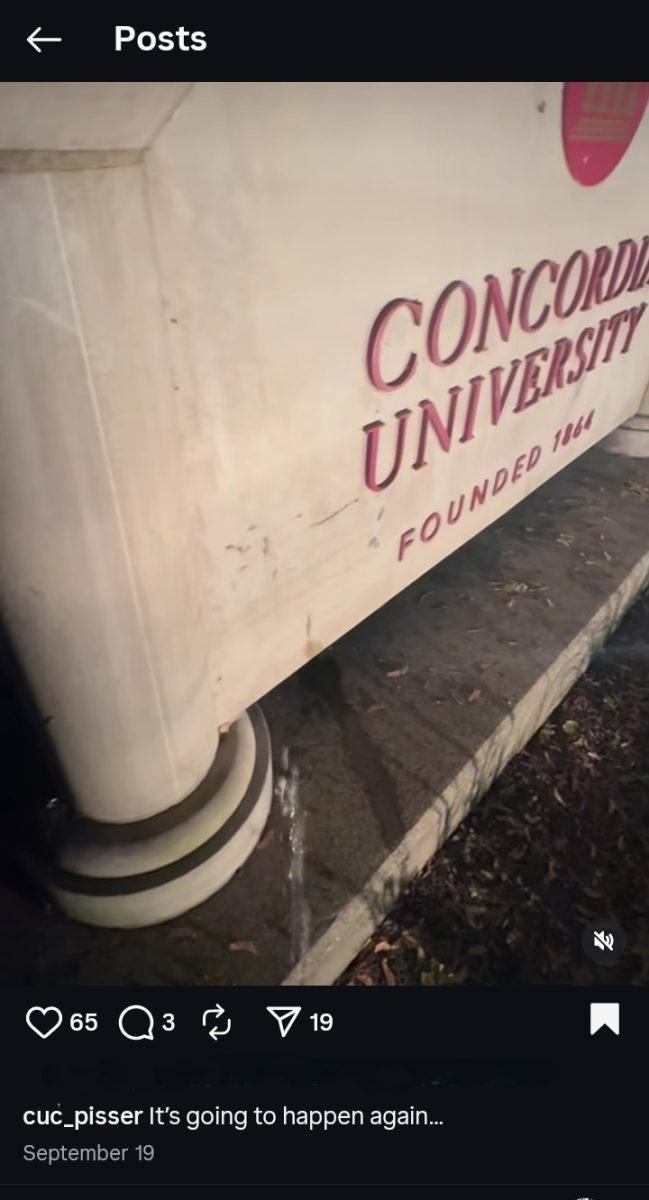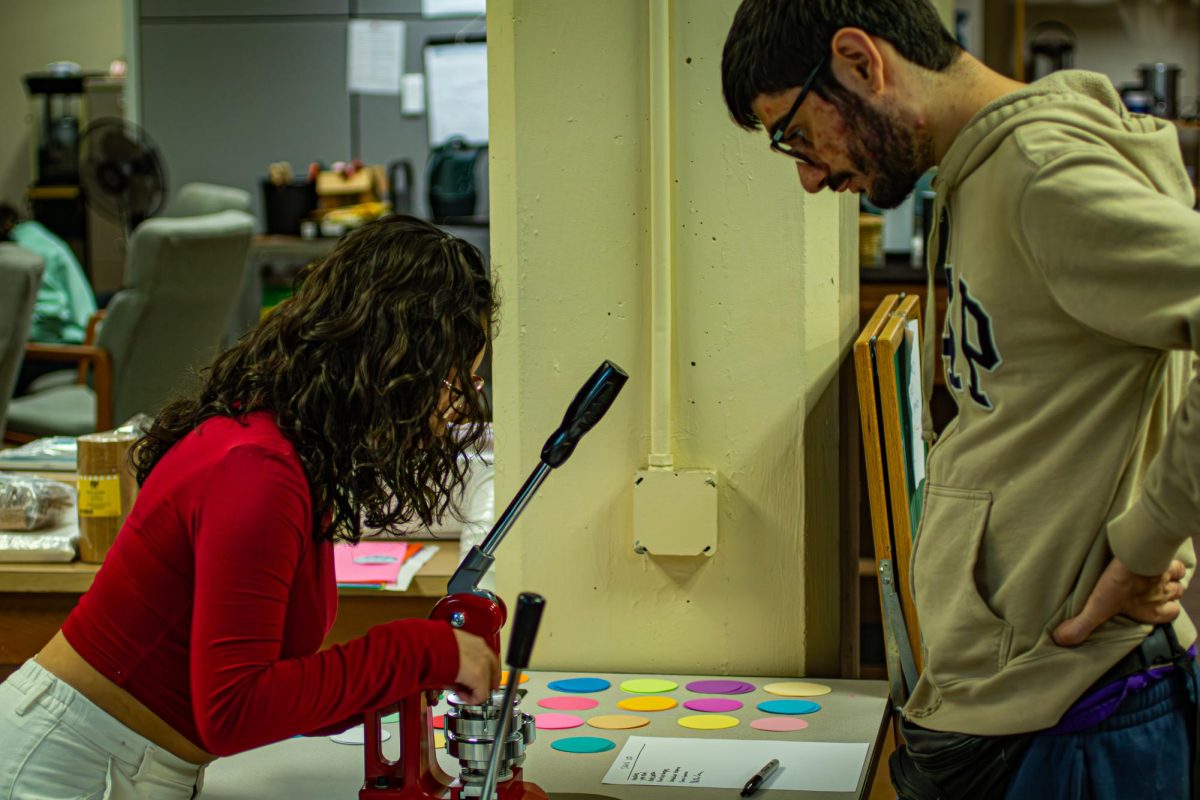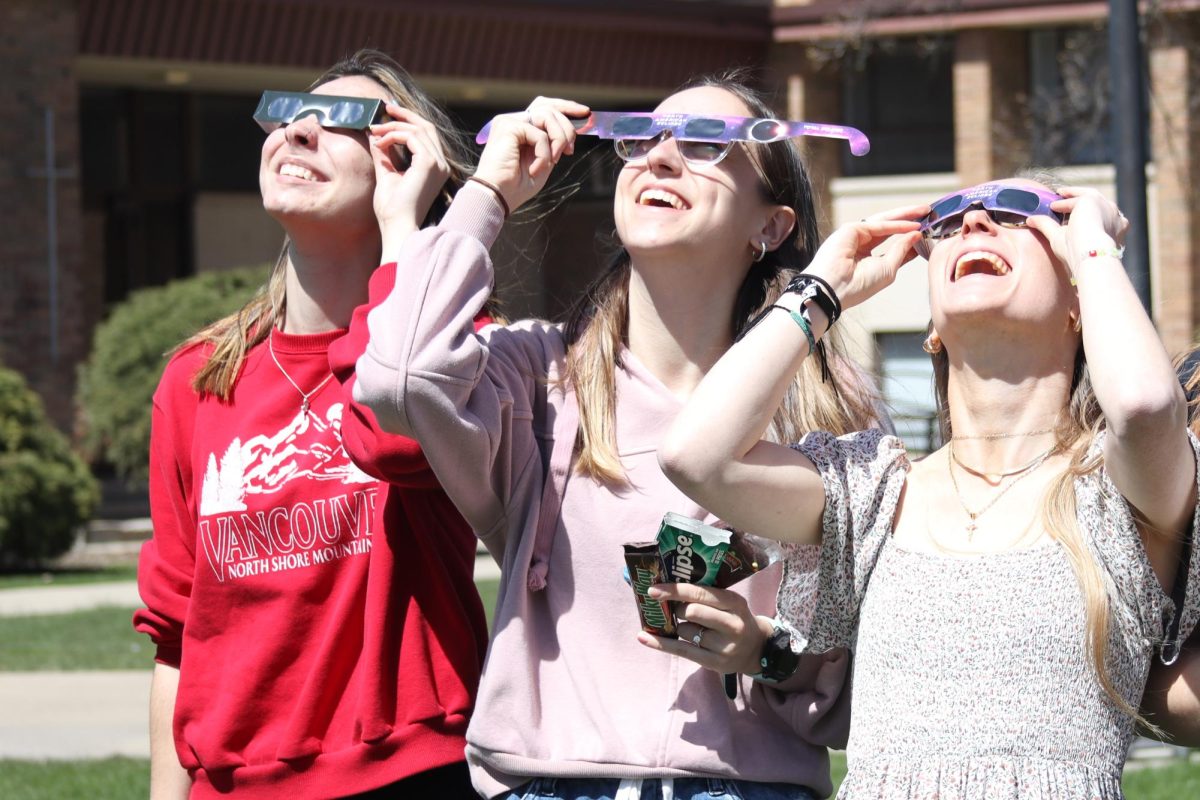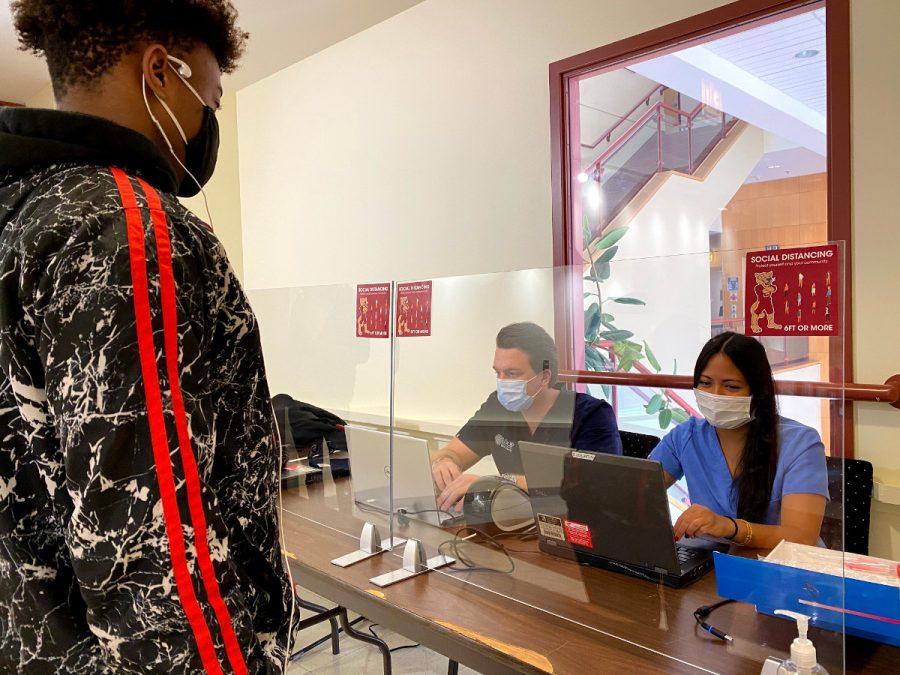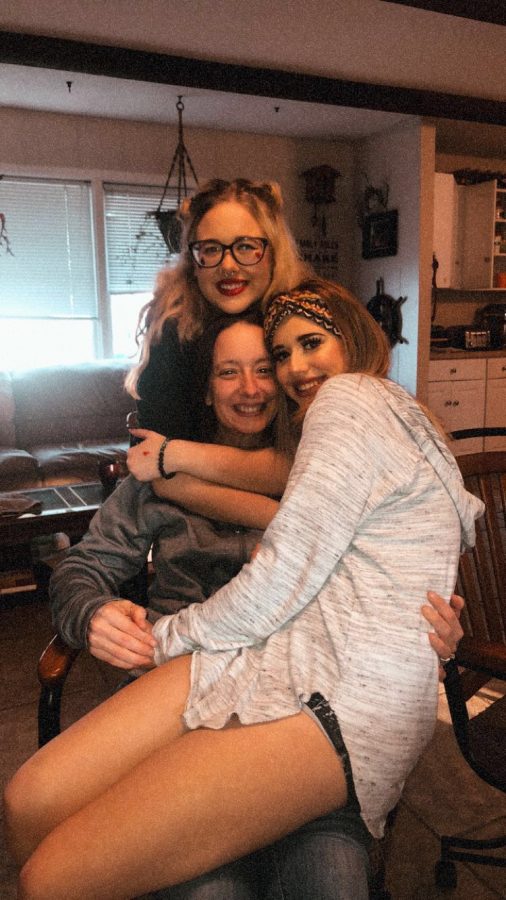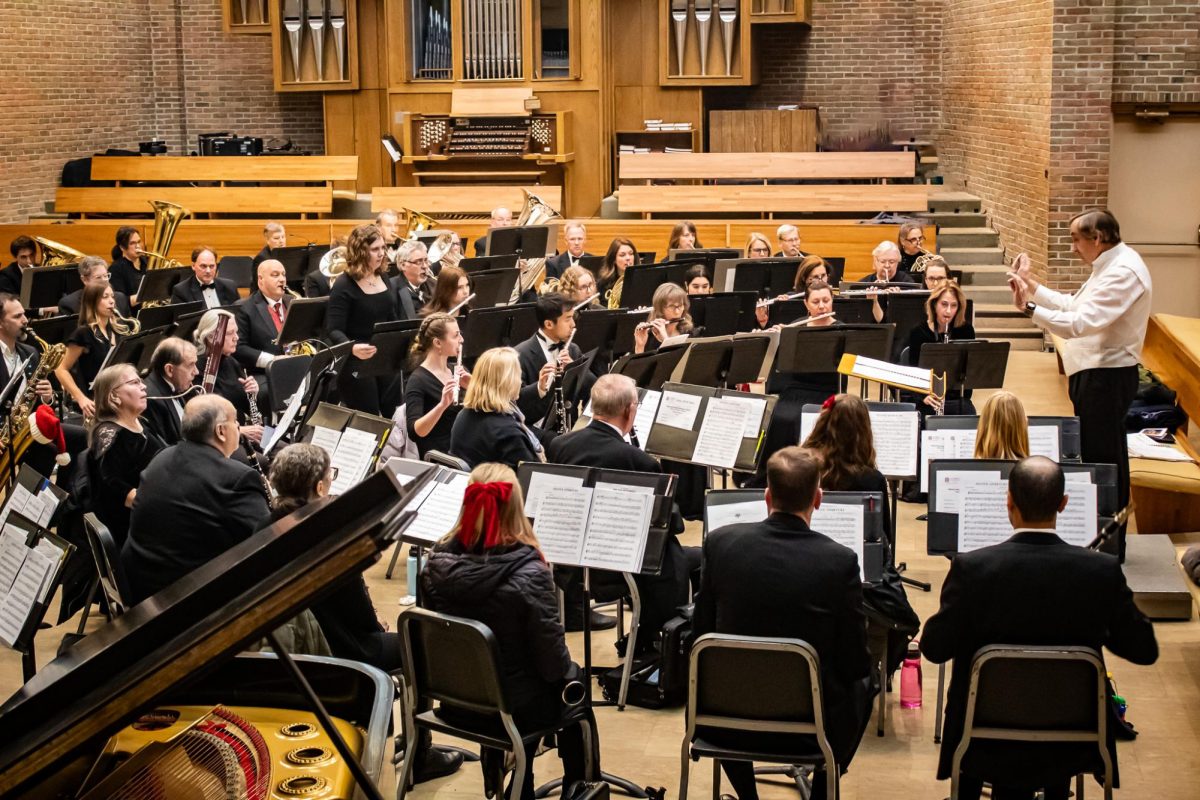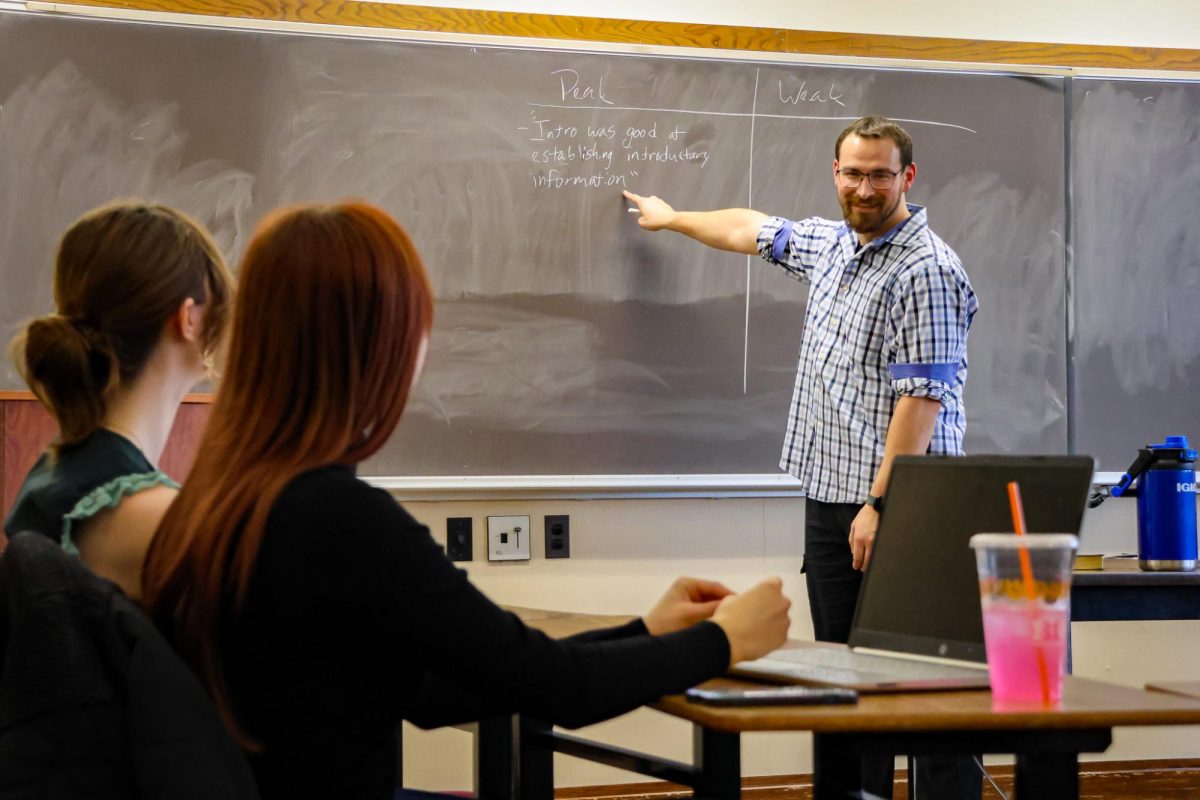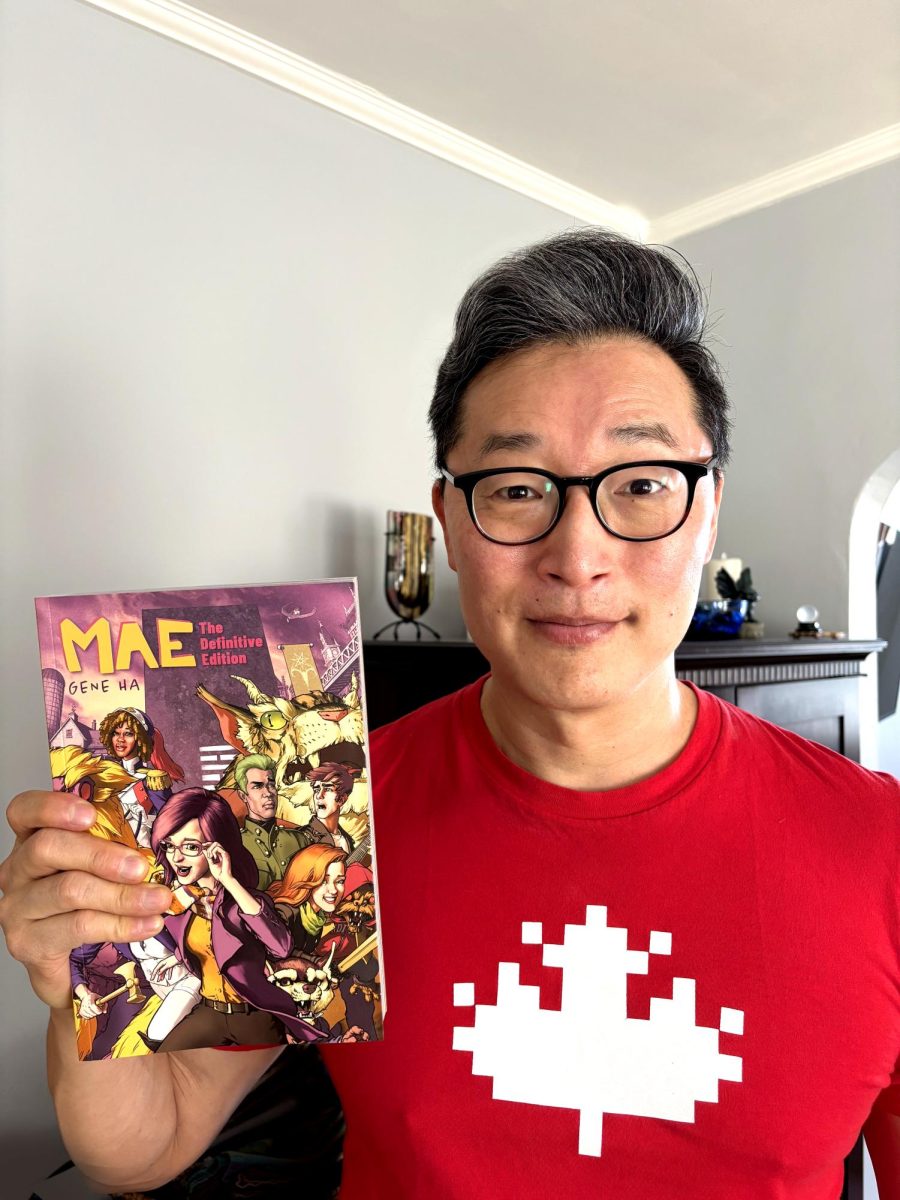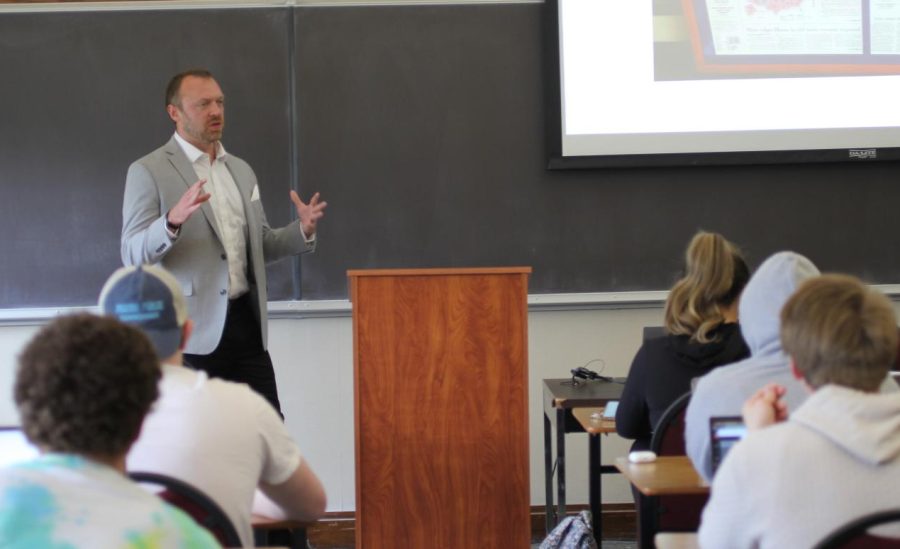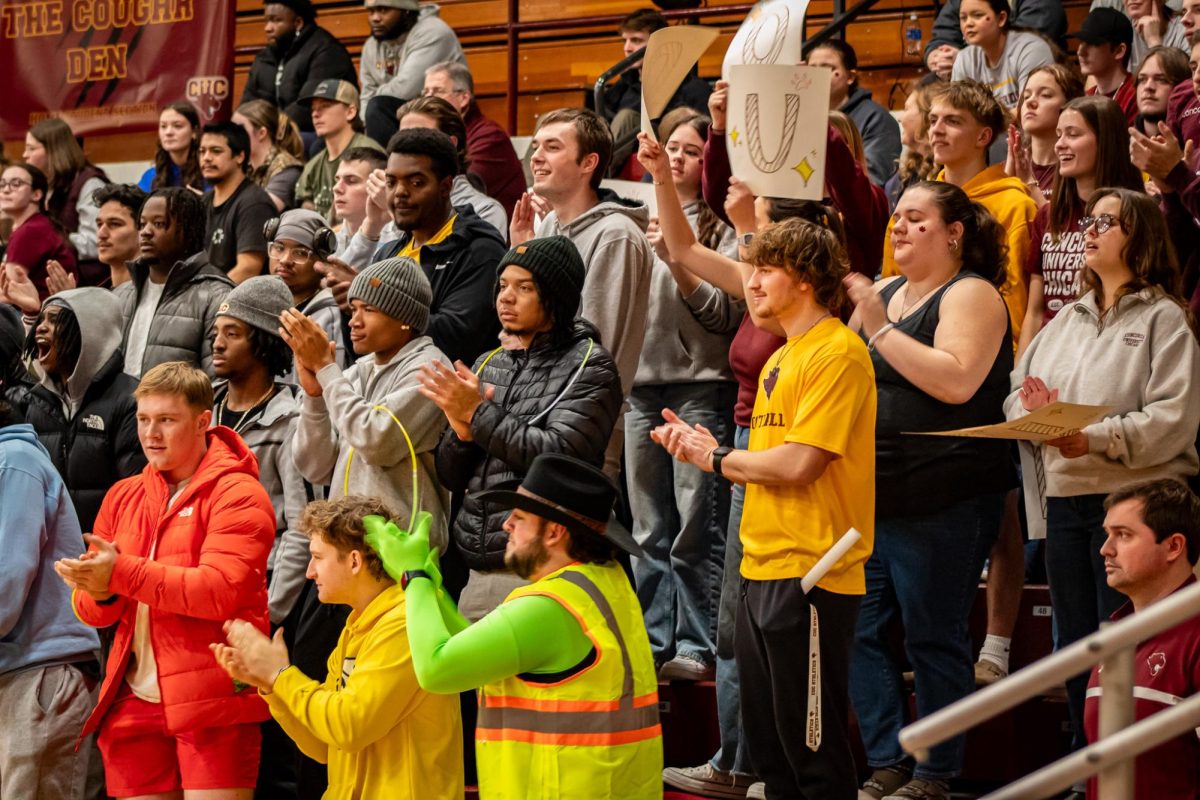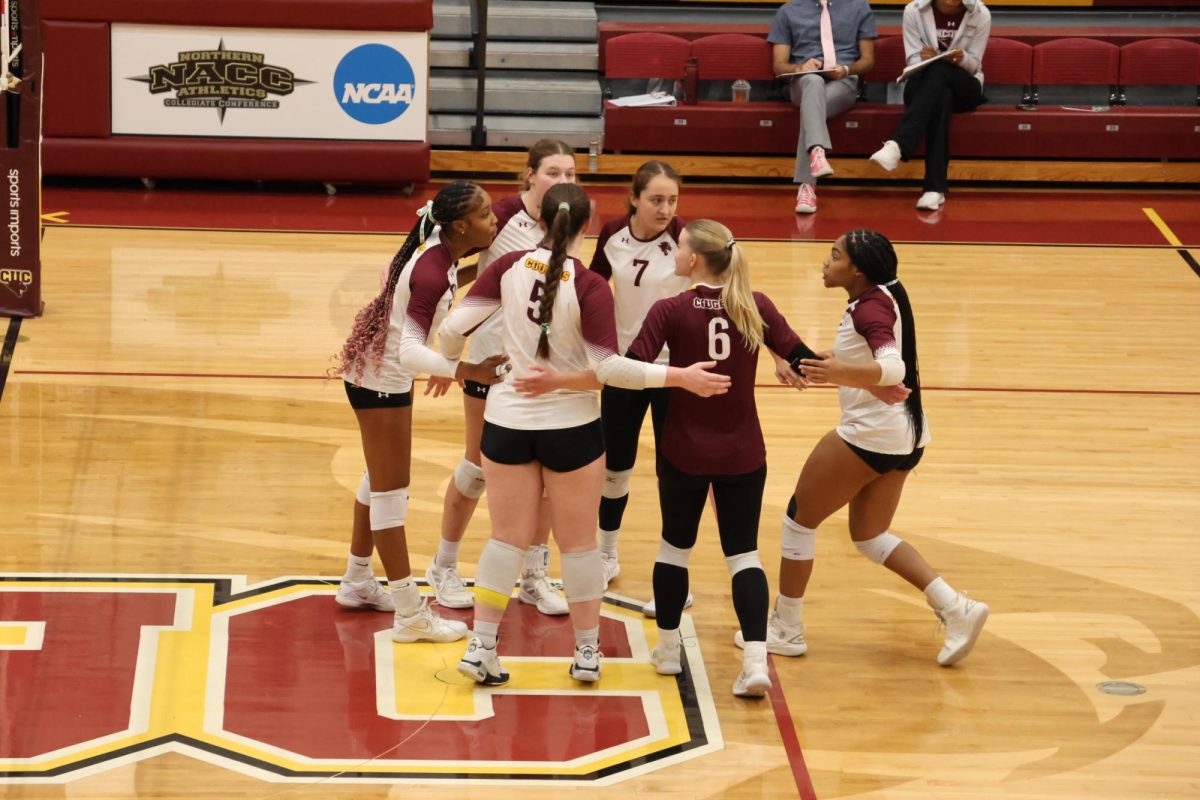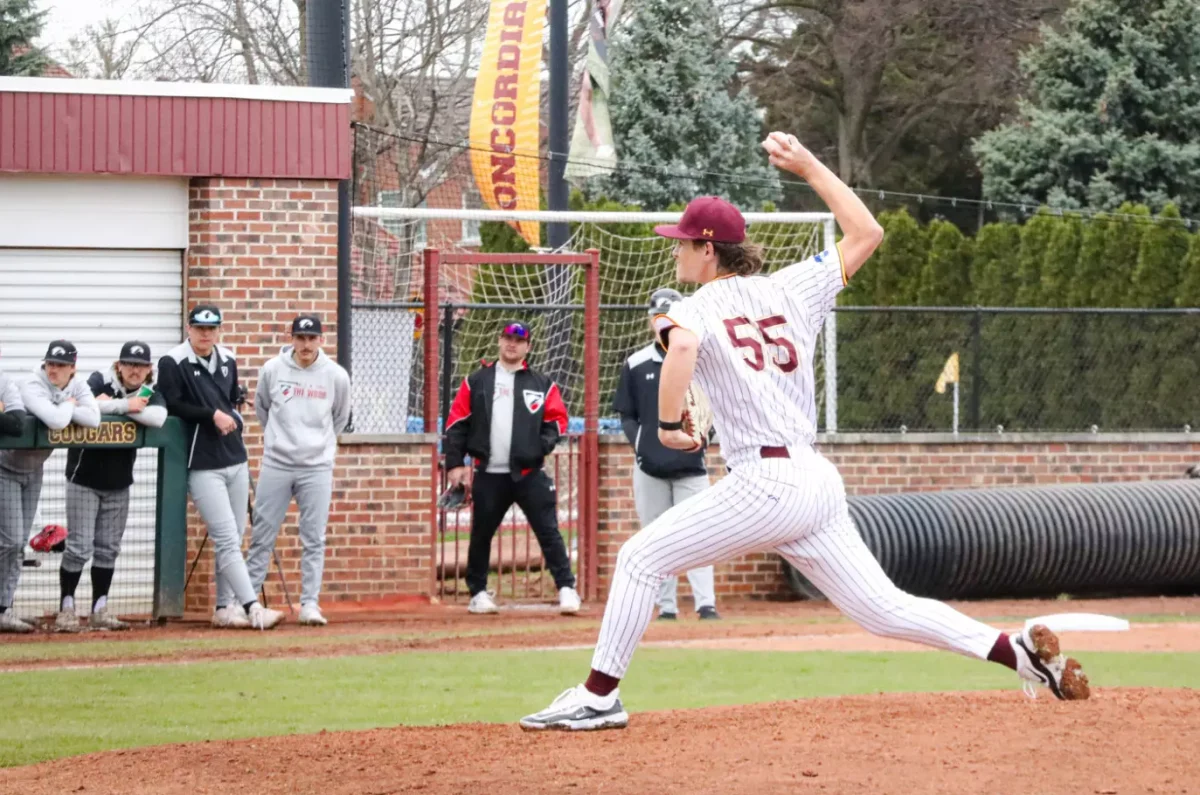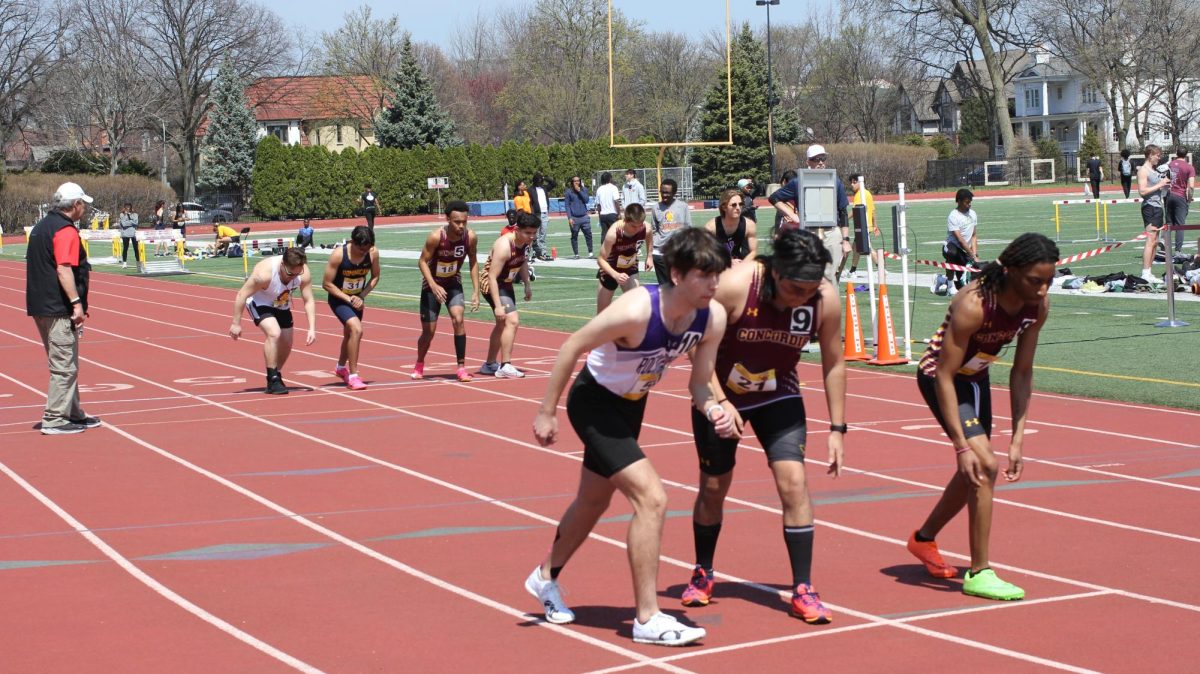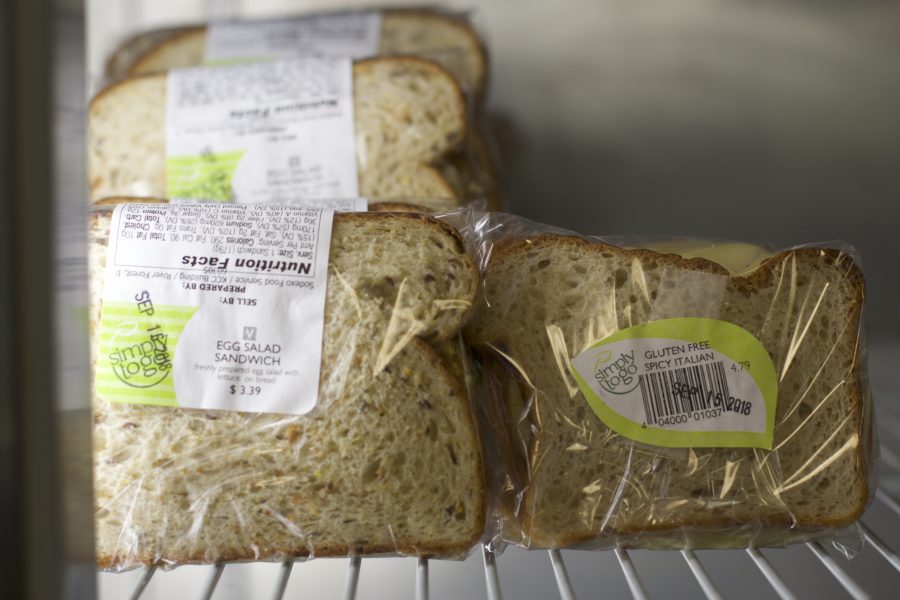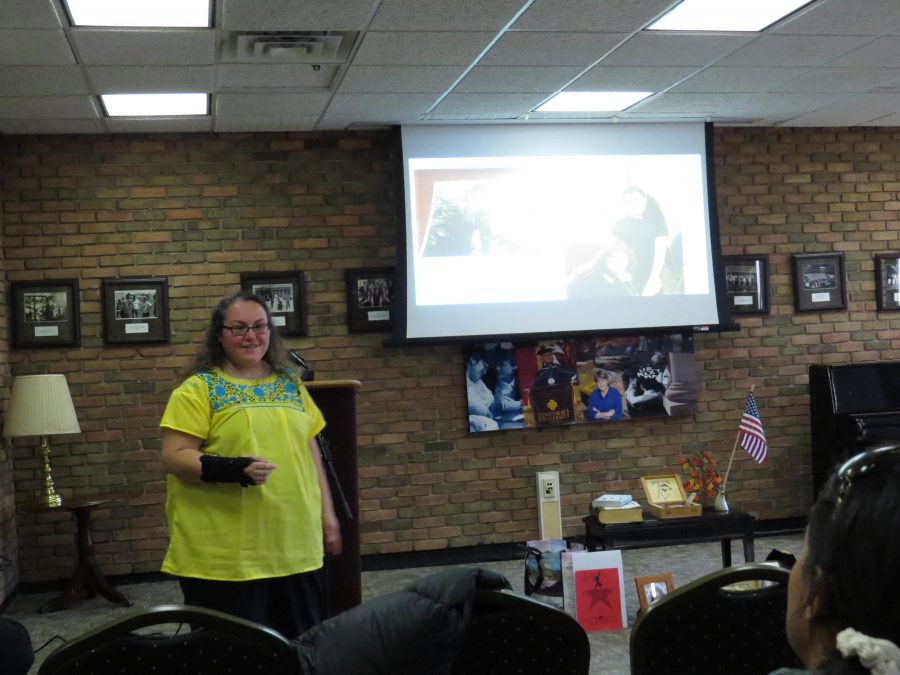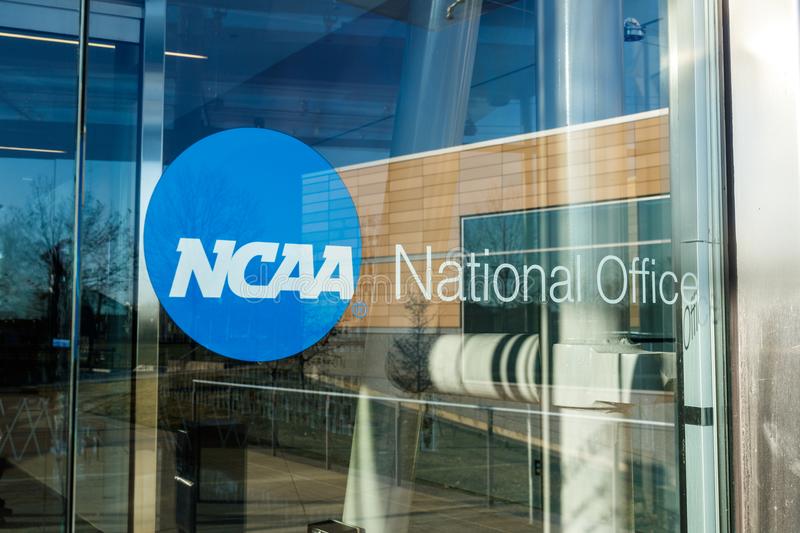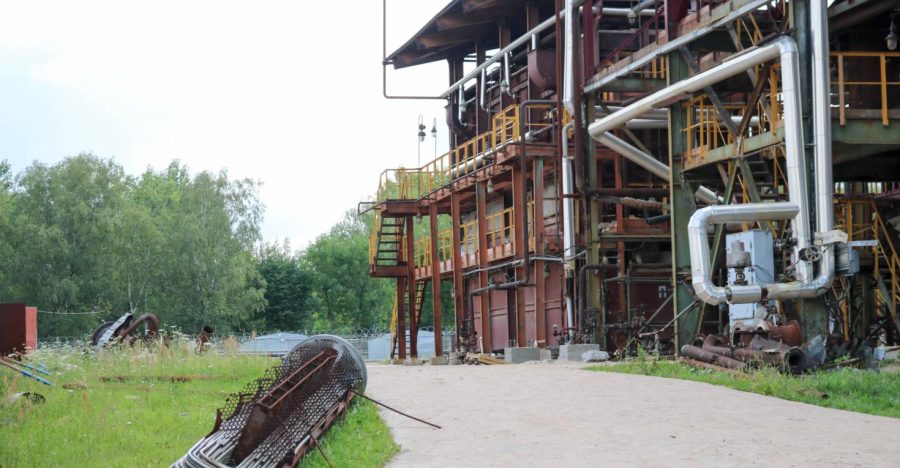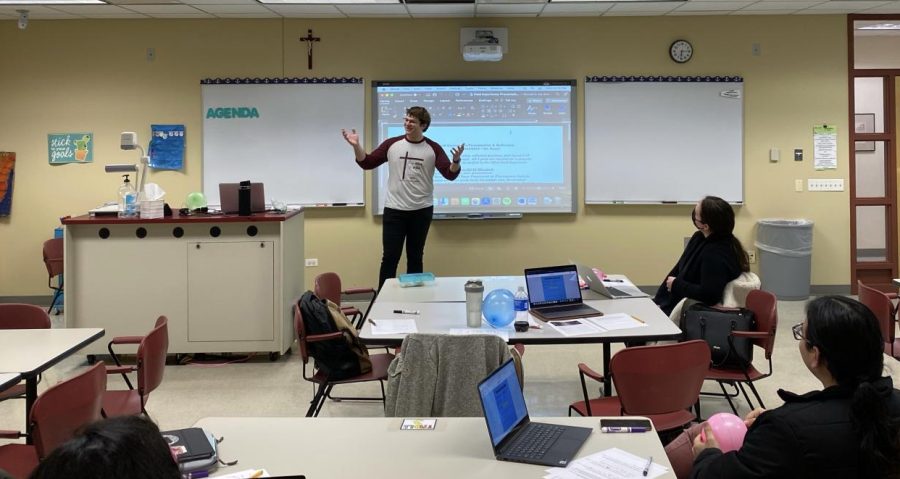Two CUC Student Teachers to Go West
December 18, 2022
For seniors Caleb Martin and Alexa Hoover, no place was too far from River Forest for their student teaching internship.
For his final step in the process of becoming a teacher, Martin will be taking off to St. John’s Lutheran School in Orange, California. Hoover will be journeying to Anchor Lutheran School in Anchorage, Alaska. Out of 44 teacher candidates, these two students are the only ones who are completing their internship in a school west of the Rocky Mountains.
“Student teaching far away seemed like a low commitment way to go someplace that’s completely out of my comfort zone,” said Martin. “It will be much different than what I’m used to, but I’m hopeful it will be a very positive experience.”
In recent CUC history, Alaska is the furthest a teacher candidate has traveled to complete this final step of the education program. Teacher candidates tend to stay within the Midwest, according to Dr. Kevin Borchers, the director of field experience at CUC.
Hoover expressed openness to a placement anywhere in the United States, wanting exposure to something brand new.
“I wanted to experience a new culture and way of living, without committing multiple years to that place,” said Hoover. “Since there is a greater density of Lutheran schools in the Midwest, I knew later in life there would be a higher chance I would come back to the Midwest. So I wanted a bit of an adventure for student teaching.”
The placement process for student teaching begins for Lutheran Teacher Education (LTE) and Public Teacher Education (PTE) candidates two semesters prior to student teaching. The three-step process includes meeting requirements for application, including 80 hours spent observing in schools in the area around CUC, a formal application for the internship, and a personal meeting with either a student’s faculty advisor or an individual from the office of field experience.
LTE students meet with Jared Stiek, an assistant professor of Lutheran teacher education at CUC, who coordinates the placements for all LTE candidates. Students share the type of school and teacher they are looking for, as well as any specific requests they may have, such as the location or size of the school.
Stiek then matches each LTE candidate with one of the 1,800 schools in the Lutheran Church Missouri Synod (LCMS) system, and pairs the candidate with a professional teacher. “Candidates leave their suggestions pretty open-ended, and I work to find schools that meet those suggestions,” said Stiek. “At the top of the priority list is a good fit for the candidate, bottom of the list is the location.”
Stiek explained that the process of finding placements never truly stops. He keeps a spreadsheet of potential locations, cooperating teachers, students coming up that will need placements, and his ideas for those placements for LTE candidates. Hoover’s placement came from the tight-knit network of connections within the LCMS.
“Alexa’s cooperating teacher came highly recommended by the school’s principal and it was a new adventure for Alexa. The pieces sort of fell into place and she’s going there,” said Stiek.
Being open to more locations increases school options and the potential for the best fit for the candidates. “It’s an easier process if you’re interested in going anywhere,” said Martin.
Beyond finding the right match for a school, Stiek also helps teacher candidates coordinate details of their student teaching semester, such as housing. Because of the association between Lutheran schools and churches, members of the congregation will often serve as a host family for the student teacher.
“They live with strangers for 16 weeks, in a new city, with a church and school they may have never been to. The whole experience is meant to prepare them for after student teaching,” said Stiek.
This fear of the unknown might intimidate some, but Martin and Hoover feel up to the challenge. “Being in the Chicagoland area, there are lots of opportunities to experience different cultures and the demographics of different schools,” said Hoover. “We get to experience a wide range of Lutheran and public schools in affluent and poorer areas. I feel like this has helped me to become more well-rounded as a future teacher.”
Martin echoed these sentiments and added how his classmates have also contributed to his learning as they discussed their own experiences in the classroom. “It’s great getting to hear how teachers have impacted my peers at CUC,” said Martin. “I’ve seen how teachers can be role models and that’s definitely something I want to do.”

